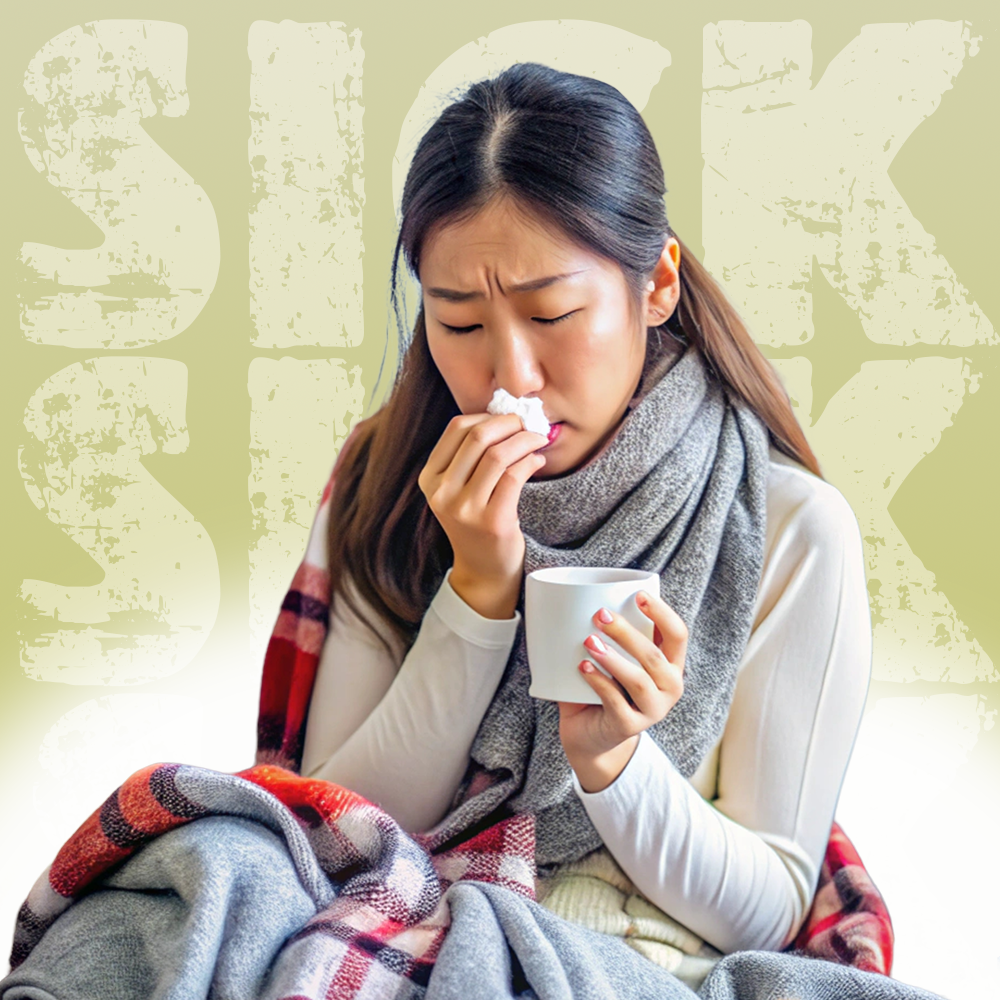As people are so busy, they now turn to packaged items to save time. Even though they are convenient, using processed foods can make health issues caused by preservatives harder to notice. Preservatives in food can actually be harmful to our health.
A National Institute of Environmental Health Sciences study found that certain preservation chemicals can occasionally disrupt the normal functioning of the endocrine system. You can make healthier food choices if you understand that chemicals can be hazardous and that preservatives can interfere with hormones. Let's review the essentials: how eating clean food enhances your overall health and wellness.
What Are Preservatives and Why Are They Used?
We frequently include preservatives in our food products because they increase the shelf life of goods. To prolong the food's shelf life and maintain its flavor, companies add preservatives to their products to prevent oxidation and bacterial growth. Preservatives are present in a variety of foods; some examples include:
-
Sodium benzoate is added to soft drinks, certain acidic foods and salad dressings.
-
Typically, butylated hydroxy anisole (BHA) and butylated hydroxytoluene (BHT) are primarily added to snacks, cereals, and baked goods as preservatives.
-
Sorbic acid is added to cheese, wine and fruit products.
Mediators say it is only acceptable in tiny amounts, but these additives might harm people's hormones over the long run.
Preservatives Could Interfere with How the Body's Hormones Stay Balanced
Using hormones regulated by the endocrine system, the body regulates metabolism, reproduction, growth, and mood. If there are problems with this system, it can pose a serious risk to people's health.
There are reasons to believe that preservatives may have an impact on your hormones.
-
Endocrine Disruption
Certain preservatives mimic or block your body's hormones, which can be harmful. In animal experiments, it has been confirmed that BHA and BHT can change the levels of estrogen and testosterone. Changes can alter fertility, menstrual patterns, and a person's behaviour.
-
Thyroid Dysfunction
The thyroid gland regulates your energy levels and metabolism, and it also influences your mood. The presence of nitrates and nitrites can disrupt thyroid hormone production, leading to thyroid-related diseases and hormonal imbalances that contribute to weight and mood disturbances.
-
Reproductive Health Risks
Animal studies are believed to have played a role in some people's infertility, decrease in sperm quality and initial menarche. While knowledge about human research is advancing, regular exposure to food toxins in foods produced can lead to health nuisances.
-
More estrogen is active in the system
Many preservatives see effects, such as estrogen, when consumed. Such anxiety may arise for individuals suffering from PCOS, endometriosis or cancer who depend on estrogen, such as estrogen-attendant-positive cancer.
Food toxins: More than just preservatives.
Not only are preservatives dangerous, but additives made from colors and flavors in pesticides can be upsetting for hormones. Your liver may become overloaded with toxins each day, which can make it harder for your hormones to function correctly. Women often want to support balanced hormone levels, and eating clean food can help do that. Switching to clean foods can protect you from eating harmful ingredients or toxins added to food.
-
Eating food that is found in nature, with minimal processing, is the basic idea behind it. You should maintain healthy eating habits that support hormonal balance and focus on avoiding endocrine disruptors.
-
Eating more fresh produce, whole grains, and organic meats will help you avoid hormone-altering chemicals. Beyond Food healthy snacks are a great example of clean alternatives that align with this lifestyle.
-
Proper meals under a clean eating plan help maintain stable blood sugar levels, which allows hormones to be produced regularly and typically.
-
Better health of the gut helps produce and regulate the hormones serotonin and estrogen. Fiber-containing, unprocessed foods can improve your gut health and reduce inflammation.
-
Detoxifying the liver can be achieved by consuming leafy greens, citrus fruits, and cruciferous vegetables. It naturally removes excess hormones and brings hormone levels back to normal.
Ways to Cut Down on Preservatives
Starting to eat clean can be done without feeling discouraged. Use these steps to begin lowering the influence of preservatives on your hormones:
-
Avoid buying items that contain BHT, BHA, sodium benzoate, and nitrates on the label.
-
Prepare your food at home to stay in control of the materials used.
-
Fresh is best: whenever possible, choose organic vegetables and meat which are free from hormones and pesticides.
-
Make sure you drink enough filtered water to support your immune and sexual health.
To reduce the amount of energy you consume, switch out chips and cookies for homemade snacks and add nuts and fresh fruit to your daily snacking routine. Or opt for Beyond Food bars, which are clean, nutritious, and support hormone health.
Conclusion
Do not miss the opportunity to eat foods that help your hormones! There is extensive research on how preservatives can impact hormone regulation, and this area of study is still evolving. Having the occasional processed meal probably won't harm you in the short term, but long-term use of chemicals and food toxins may affect your hormone system.
Eating clean can help alleviate these health problems and support healthy hormone function. Besides contributing to weight loss, clean eating supports better mental well-being and mood, healthy fertility, and a normal metabolism.
With carefully selected food options, you can support your body's hormones and overall health well into the future.



Share:
The Rise of Whole Nutrition: Now Real Food in the Market
Are Preservatives Making You Sick? How to Detox Your Diet